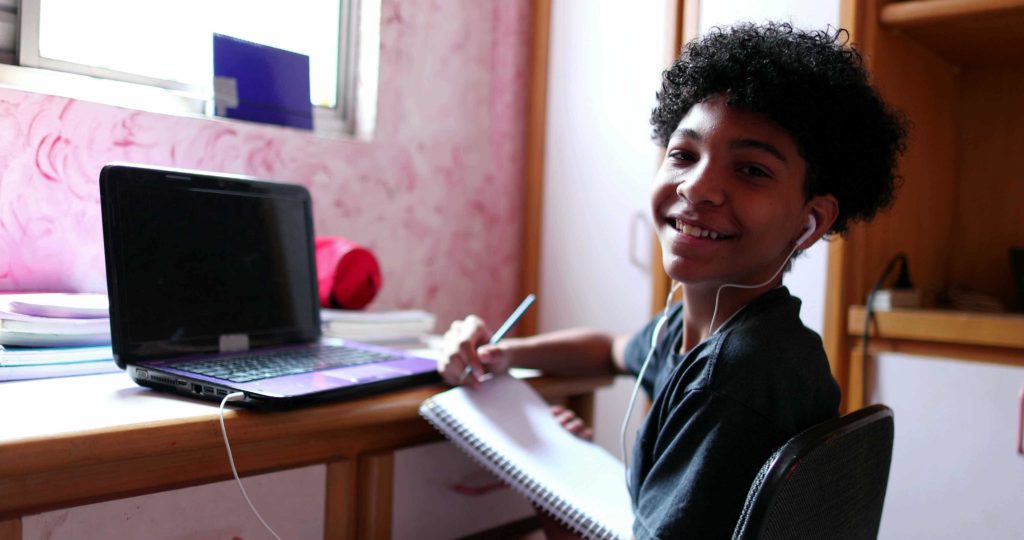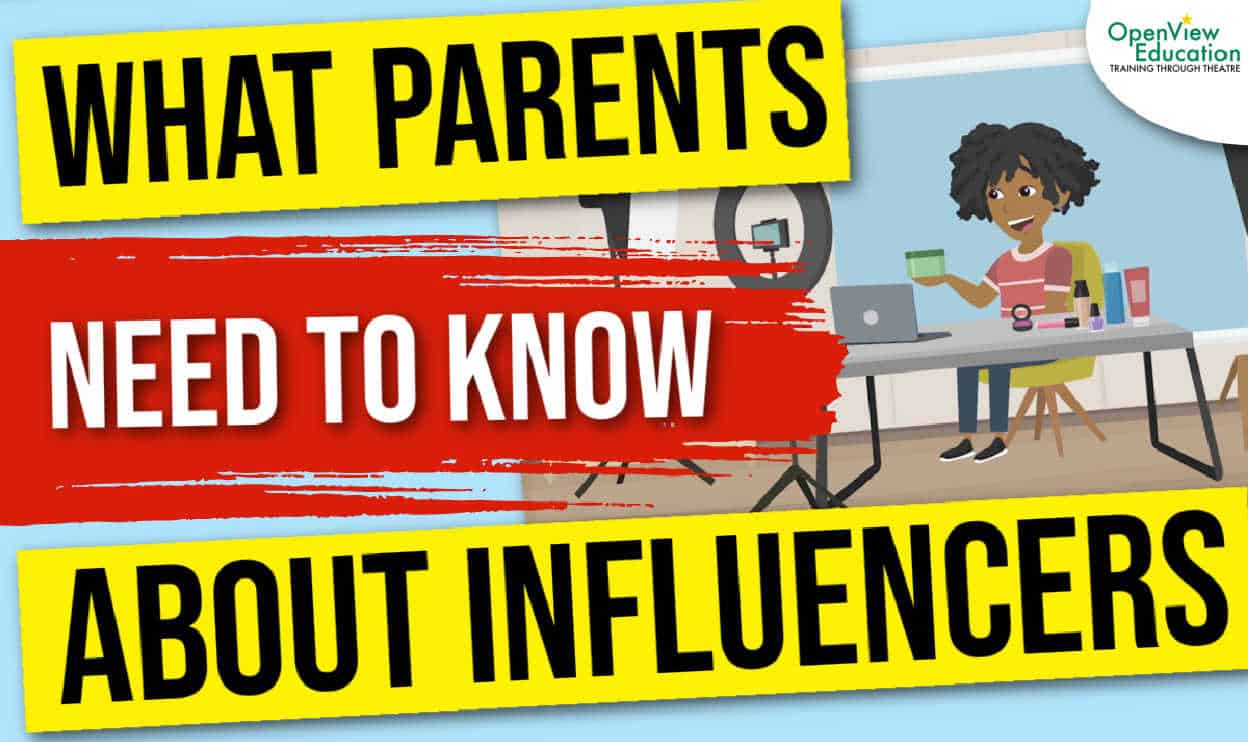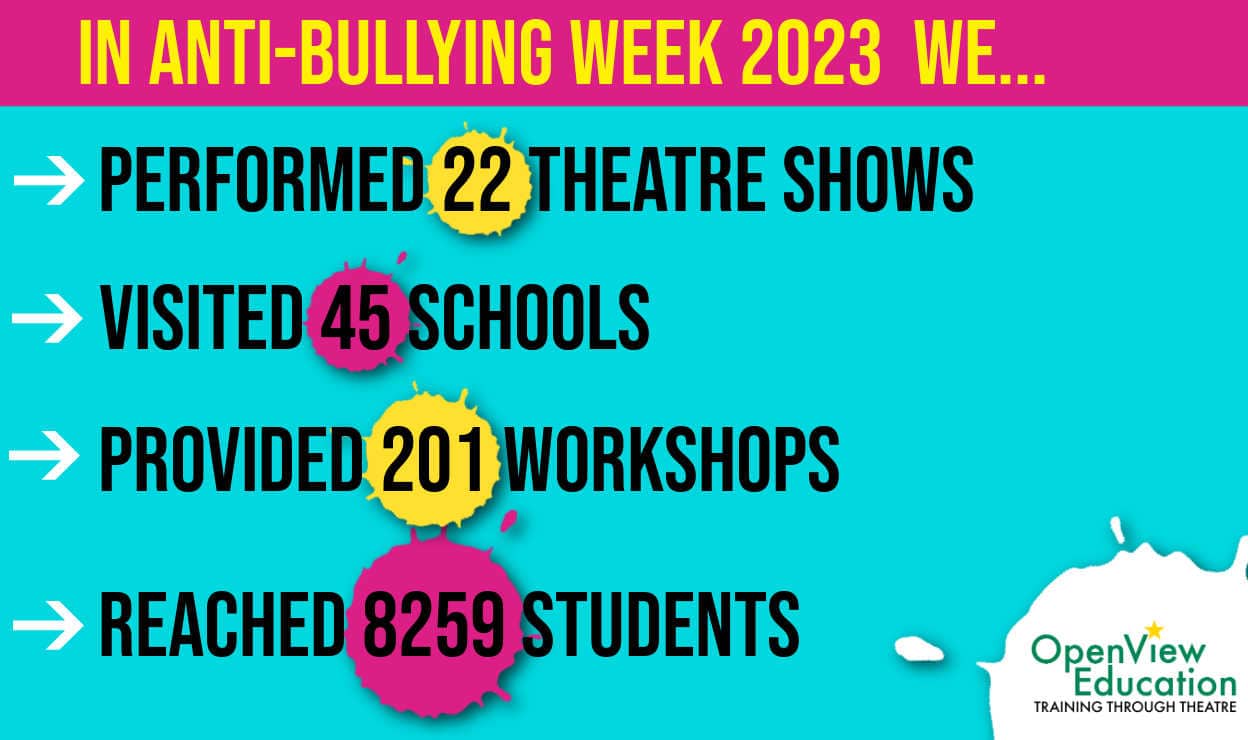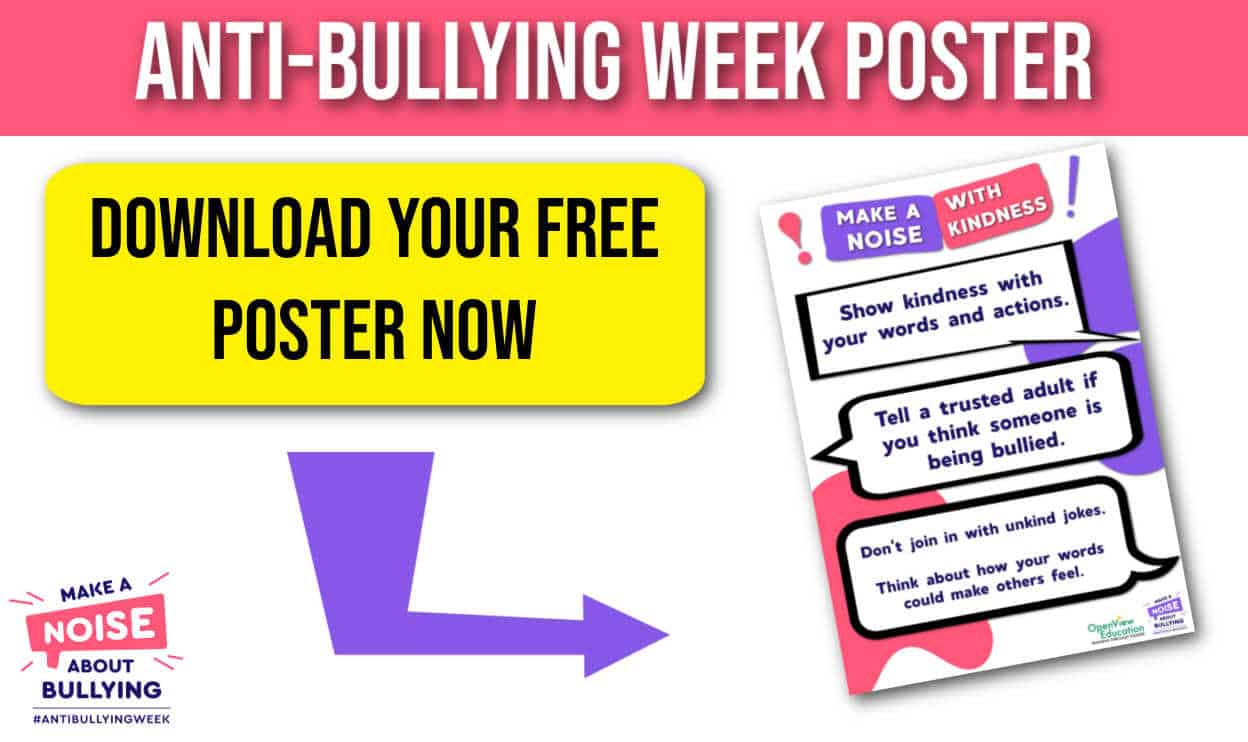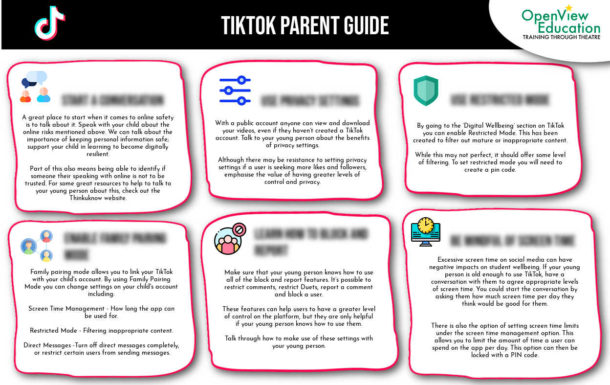From the work that we do with schools we understand that screen time and the impact it can have on children’s mental health and wellbeing is a big concern for parents and teachers.
As stated by the Mental Health Foundation; ‘There have been several studies that suggest higher levels of screen use in children is associated with reduced physical activity, increased risk of depression, and lower wellbeing.’ But not all screen time is the same, and the impact it has depends on what the device is being used for.
For example there is a big difference between ‘active use’, such as doing online research, and ‘passive use’ such as scrolling through Instagram or Facebook. The negative impacts of screen time are more strongly associated with this kind of passive use.
Social media and online games also have a compulsive design, this means that they are created to hold our attention for as long as possible. The addictive nature of these platforms further compounds the challenge around managing screen time.
While more evidence is still needed around the impacts of screen time, taking a conscious and mindful approach to screen time can help to support children’s wellbeing and minimising the potential risks of screen time, while still gaining the benefit of the positives that digital technology can bring.
So what action steps can we take to manage screen time for children?
The Chief Medical Offers (CMO) created advice for parents and carers on how to minimise the negative impacts of screen time. The ideas below draw from the recommendations in the CMO report and include some additional action steps to further assist parents and carers in implementing these ideas:
Be mindful of the impacts of screen time
Reflect on how our children’s use of technology may be impacting them. To get started, try writing out an answer for each of these questions:
- What impact is screen time and technology usage having on my children?
- How are we currently using technology in the household?
- What would I like to change about we use technology as a family?
- Is our use of technology impacting our sleep?
If these questions raise concerns for you, decide on some small actions you can take to start making changes. This could be as simple as changing your habits around how and you use your phone.
Decide age restrictions in advance
The age restrictions on social media platforms is usually 13+. This is because social media companies process our data as we use the platform and we need to be over 13 to provide consent for this. However many young people access these platforms earlier than this. Some parents may choose to allow access to certain platforms before children reach the age of 13. This decision may be based on the particulars of a certain social media platform (e.g. using WhatsApp to communicate with their children for example).
Once a young person starts using a Social Media platform such as Instagram or TikTok, it may be more difficult ask them to delete it once they have already started using it. Instead of this, decide in advance what age you would want your child to be before they access a certain app or game.
Be a role-model
It’s not just children who are susceptible to the persuasive design of Social Media and games. Anyone can find themselves swiping through a newsfeed for longer than they intended, or using their smartphone before bed or during meal times.
Children are looking to us to learn behaviours, and the addictive nature of smart phones is a societal challenge. Lead the way by limiting your own screen time and demonstrating positive digital habits.
Create a family agreement
Creating a family agreement is a fantastic way of setting boundaries and clear expectations around screen time. This can include the amount of screen time that would be appropriate each week, along with when and where this will take place.
Here are some useful steps when creating your family agreement:
- Make sure everyone in the household is present.
- Use a prompt questions such as; ‘How is our use of screen time effecting our family life?’, ‘Is your screen time disrupting your sleep?’ and ‘What would you like to change about how we use technology?’
- Allow everyone the opportunity to speak.
- Write out what actions or boundaries you will put in place. This can be a an agreement such as ‘We will not use our phones at meal time.’ or a limitation on the amount of time spent playing a video game.
- Get everyone to sign the agreement.
- Display the agreement where everyone can see it.
This family agreement can then act as a reminder of the boundaries that you have put in place to ensure healthy use of technology.
Use Digital-Wellbeing Settings
Increasingly social media apps are introducing wellbeing and screen time features. For example TikTok has Digital Well-Being features that allow you to limit screen time, and set restricted mode. And Instagram has a ‘Your Activity’ section, this allows users to see how much time they are spending on the app. You can also mute Push Notifications and set reminders to help users to limit time spent on the app.
If you aren’t using these settings, make sure you take advantage of them. And if your young people are using social media, help them to put these settings in place.
If you would like further support on addressing online safety education in your school, OpenView Education provide interactive internet safety workshops for schools, and Anti-Bullying and cyberbullying workshops. Our workshops are available all year round, so if it’s to celebrate Safer Internet Day, or as an annual update, we’re here to help. Get in touch here to book a workshop for your school.
